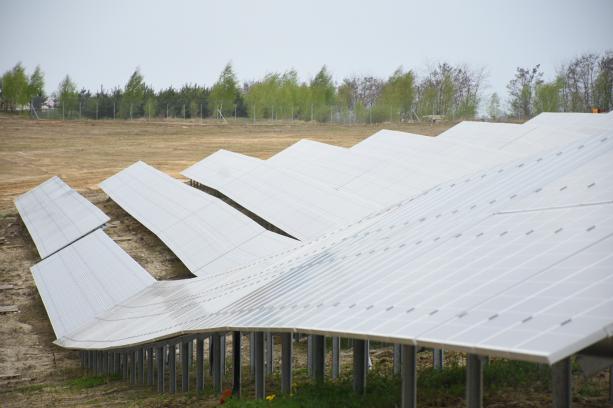The Energy Community Secretariat (EnCS), an international organization run by the EU and the governments of Albania, Bosnia and Herzegovina, Georgia, the former Yugoslav Republic of Macedonia, Kosovo Moldova, Montenegro, Serbia, and Ukraine, has issued, in partnership with the European Bank for Reconstruction and Development (EBRD), new guidelines to help these countries set up auctions for large-scale renewable energy projects.
The organization, which is responsible for transferring the good practices of the EU internal energy market to these eastern European countries, issued other policy guidelines for distributed generation in February.
The new provisions for large-scale renewable energy auctions, which were also developed with the support of the International Renewable Energy Agency (IRENA), are intended to create a transparent, open, predictable and objective mechanism.
In order to accomplish this difficult task, the governments of the aforementioned southeastern European countries are called on to create an overall strategy – which clearly indicates long-term, as well as short-term, targets – to set up a transparent and predictable schedule for RE auctions, to indicate a credible entity to run the auctions, and to manage a transparent, competitive process by providing all participants with sufficient time to complete each step.
More importantly, the two entities said in the document, a process for dispute resolution must be established at all stages of the auctions.
Furthermore, the document recommends applying a cap on the amount of capacity to be allocated, in order to prevents increasing costs for the power systems and consumers, and to use a ceiling price, which is also a helpful tool in reducing budgetary risk.
The document is proposing setting size limits for individual projects, to start with technology specific auctions, and to provide available land for the projects. The new guidelines also suggest that auctions should have a number of bidders that exceed the available capacity, but that unqualified bidders, which may bid unrealistically and be unable to deliver the required capacity, should be excluded.
“The use of bid bonds and completion bonds set at appropriate levels can meet these twin goals,” the two entities said. Moreover, governments should ensure that bidders have the technical capacity to deliver projects.
“The policy guidelines are already being reflected in the work of the EBRD and EnCS – most notably in Albania and FYR Macedonia, where the EBRD is providing assistance to authorities that is underpinned by the policy guidelines; and in Ukraine, where the policy guidelines are informing discussions on the policy framework for supporting renewables,” the EnCS stated.
This content is protected by copyright and may not be reused. If you want to cooperate with us and would like to reuse some of our content, please contact: editors@pv-magazine.com.




By submitting this form you agree to pv magazine using your data for the purposes of publishing your comment.
Your personal data will only be disclosed or otherwise transmitted to third parties for the purposes of spam filtering or if this is necessary for technical maintenance of the website. Any other transfer to third parties will not take place unless this is justified on the basis of applicable data protection regulations or if pv magazine is legally obliged to do so.
You may revoke this consent at any time with effect for the future, in which case your personal data will be deleted immediately. Otherwise, your data will be deleted if pv magazine has processed your request or the purpose of data storage is fulfilled.
Further information on data privacy can be found in our Data Protection Policy.